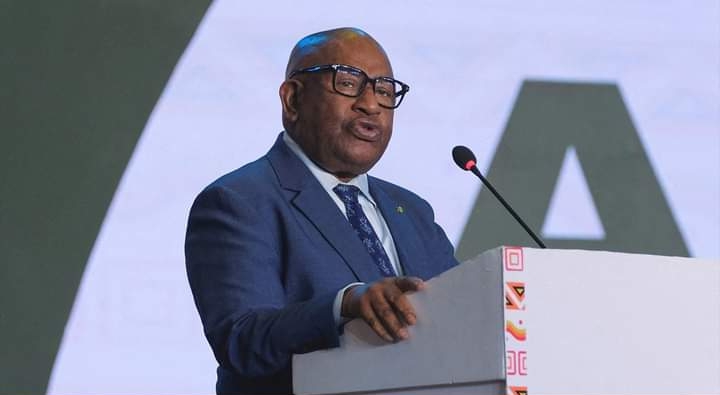Political Tensions Rise as Opposition Parties Refuse to Participate in Key Election
The Comoros Islands, an Indian Ocean archipelago with a population of approximately 800,000, is gearing up for its parliamentary elections, scheduled for January 12, 2025. This election will fill the 33 seats in the Comorian parliament, but the event is already overshadowed by significant political tensions, with major opposition parties declaring their intention to boycott the vote due to concerns over the credibility of the electoral process.
This latest electoral event follows the re-election of President Azali Assoumani in January 2024 for another five-year term. However, his victory was highly contested, with opposition parties rejecting the results, accusing the government of electoral fraud, including ballot stuffing and prematurely closing polling stations. Despite these serious allegations, the government has steadfastly denied any wrongdoing, asserting that the election was free and fair.
Opposition Boycott: A Question of Legitimacy
The opposition’s decision to boycott the parliamentary elections has thrown the legitimacy of the upcoming vote into question. Salim Issa Abdillah, leader of the JUWA party and a key opposition figure, voiced his frustrations, saying, “We are not ready to take part in legislative elections until we know what is going to happen.” Abdillah, who ran against Assoumani in the last election, further explained, “We will boycott… we do not trust Azali Assoumani because no matter what commitments he makes, he will not respect them.”
Other opposition groups, such as the Orange Party, have also opted out of participating in the elections. Their primary objection stems from President Assoumani’s decision to re-appoint Idrissa Said as the head of the electoral commission, despite accusations from the opposition that Said is biased in favor of the ruling Convention for the Renewal of the Comoros (CRC) party. Said has denied these allegations, but distrust remains strong among Assoumani’s opponents.
Authoritarian Concerns and Succession Plans
President Assoumani has been a dominant figure in Comorian politics for over two decades, having first come to power in 1999 through a military coup. Since then, he has won three subsequent elections, but his leadership has been marred by accusations of authoritarianism. Critics argue that Assoumani has systematically eroded democratic norms in the country, manipulating elections and consolidating power.
In recent years, speculation has emerged that Assoumani is positioning his eldest son, Nour El-fath, to succeed him when his term ends in 2029. These rumors have fueled opposition fears of a dynastic succession, with Assoumani’s opponents accusing him of undermining democratic processes to secure long-term power for his family. Such concerns have only deepened the opposition’s refusal to engage in the upcoming parliamentary elections.
A Nation at a Political Crossroads
With key opposition parties choosing to boycott the parliamentary elections, the political future of Comoros hangs in the balance. The ruling CRC party, which is expected to dominate the vote, could further tighten its grip on the political system, marginalizing opposition voices and weakening the country’s already fragile democracy.
The boycott also highlights broader issues of trust and accountability in Comoros’ electoral institutions. Allegations of electoral misconduct and fears of authoritarianism have cast a shadow over the political landscape, leaving many citizens unsure about the future of democracy in their country.W
What Lies Ahead?
As the January 12, 2025 elections approach, uncertainty looms over the archipelago. Without the participation of opposition parties, the elections may lack the legitimacy necessary for them to be seen as a true reflection of the will of the people. This could further entrench President Assoumani’s power and accelerate concerns about the erosion of democratic norms.
The international community will likely be watching closely, with particular attention on how the government handles the electoral process and opposition grievances. Whether these elections will proceed peacefully or ignite further political unrest remains unclear, but the stakes are high for the future of Comoros.
The decisions made in the coming months will shape the political trajectory of Comoros, determining whether the country can move forward with democratic integrity or whether it is headed toward deeper authoritarian rule under Assoumani’s long-standing regime.




